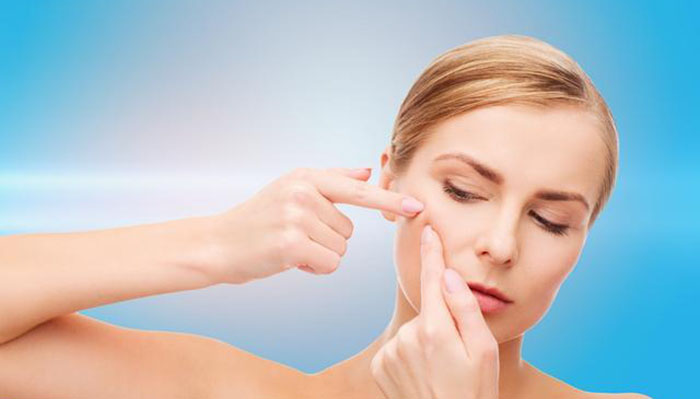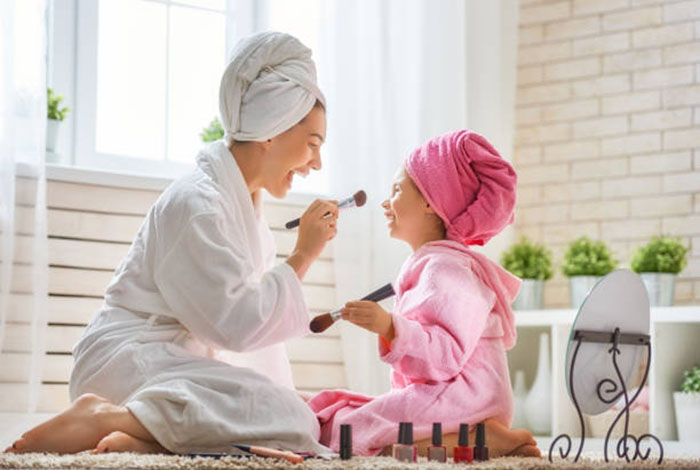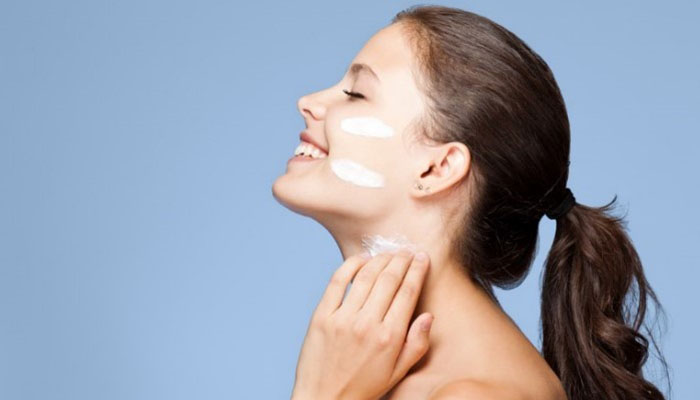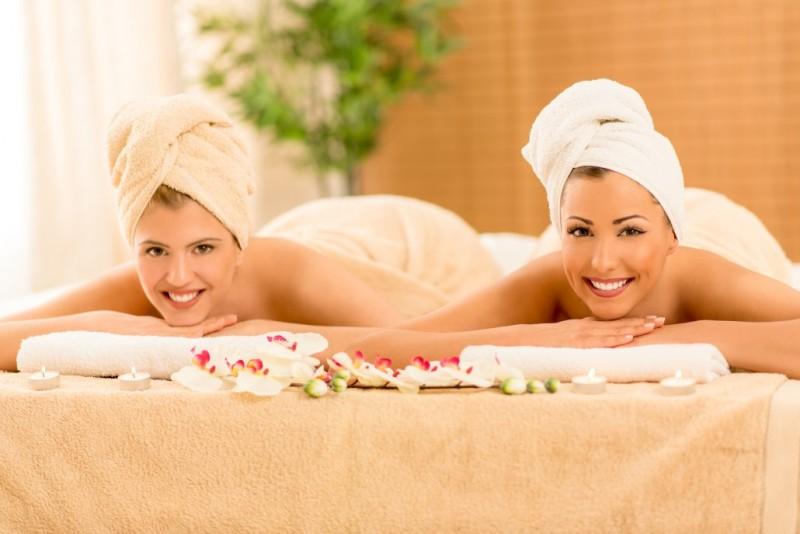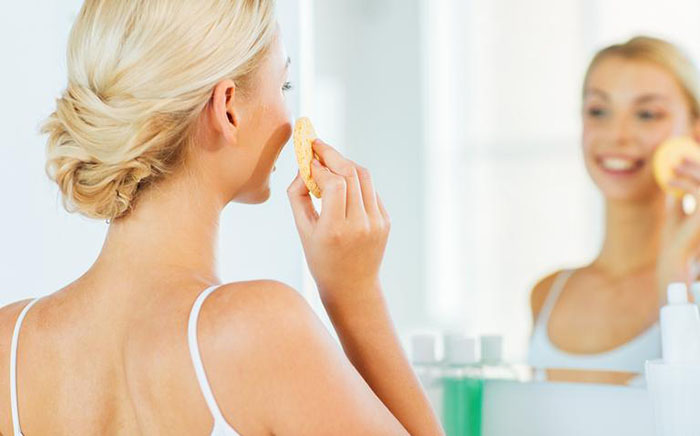There is so many occasion that we attend to that has forced us to apply little makeup here and there this is to ensure that you match your dressing or elevate your natural look. You will realize that a big percentage of us will take so much of our time applying these makeups and tend to forget removing it after the functions have ended. This little mistake will end up ruining your natural beauty I the long run. What we do not realize is that out face is just perfect the way they are. The whole process of removing is very vital for one to live a much healthier life and it does not take too much of your time. There are so many products in the market that have been manufactured to ease this whole process and there is also a natural way to go about it. It will all depend on what the individual will find as the best way to remove the makeup. Here are some of the many natural ways that one can use to remove the makeup.
Use of Milk
Milk is a very essential ingredient in our day to day life and there is likely no household that will miss this precious commodity. What you need to realize is that as milk is very good to our health it is as equally important to our skin. There are even stories that have been told of princes taking bath in milk just to ensure that they stay hydrated and radiant.
It has been scientifically proven that the fat and protein that is found in the milk is very good when you want to hydrate and at the same time allows your skin to retain the much-needed moisture. The milk can be used to remove the makeup in your skin by applying it all over your face and then wiping out with a cotton ball or a soft cloth.
Milk can also be used with a little bit of almond oil when you rub it over your face with a cotton ball, this process will refresh your whole face and at the same time remove makeup if a very easy way. You might be wondering how to remove make makeup using milk. It is actually very simple as all you have to do is wipe your eyes with a cotton ball that is already dipped in milk then rinse it and you are good to go.
The use of Baking Powder and honey
These two natural ingredients are another way on how to remove makeup in a natural way as possible. The ingredient is one of the most effective ways to take care of the makeup of our faces in a very easy way. what you need to so it adds very little organic honey on and a soft cloth and sprinkle some baking powder then use it to clean your face.
Once you try the mixture of this two product you will realize that it is not only a very good cleanser in the process but also a very nice exfoliator. It is paramount to remember not to scrub your face but just rub it gently and finishing it up by rinsing the face with clean water.
Coconut oil
Coconut oil has been known to have some wonderful effects on the skin. Additional to it is very good when you want to get rid of the makeup in your face in a very nice way as it takes care of any kind of makeup even the waterproof ones.
According to some of the skin experts, coconut oil is known to have three essential fatty acids and very low molecular weight which at the same time gives very good penetration. Coconut oil is not only full of antimicrobial properties that is what any moisturizer need but also a very good cleaning agent that anybody would use as an excellent moisturizer. It is advisable that you apply the coconut oil before bathing to give that excellent result.
When you want to get the best result from using the coconut oil, the secret is to take a quarter-sized amount into your palms and gently rub it to your face and you will notice some amazing result in the process.
Cucumber
What most of us do not realize is that a majority of the beauty products use cucumber to help them remove makeup. That is why it is one the easy product to get accessed to as they are very much available in our kitchen routine. Just take some of the cucumbers that you have and blend them into a paste to make some of the best make up remover as it is also known to have anti-inflammatory properties and that is why they are good especially for irritated skin or acne prone skin.
Steam Bath
I know this might come as a surprise to many people but steam is also a great and natural way to remove makeup from our faces. The way to go about this is filling your sink with steaming hot water ensures that it is not boiling and just lean over it for a few minutes while covering your face with a towel and you will be amazed how it does wonders to the last traces of makeup on your face.
Many models have been using this secret for some time as a skincare weapon and have been very efficient. The steam does not only unclog your skin pores but also removes all the dirt and impurities that your face might be having.
Other products
There are also other products that are very good and are locally available when you are wondering how to remove makeup from your skin and does not have to involve the mentioned natural ways. These products are:
Baby Wipes – more occasionally we are used to getting rid of the makeup using the makeup remover wipes on a daily routine especially when going to bed. Yes, they have worked pretty well for most people but what you might or might not notice is that they tend to dry out or irritate your skin in the process. This is not the case with many baby wipes that are easily available in the sores because they are also very effective as an ultra-hydrating alternative to the usual makeup removers. One thing that is for sure is that the wipes are very gentle to the baby and there is no reason whatsoever for them to be harsh to your own skin.
Baby Oil – it is another baby product that can be used so effectively when taking care of the makeup. It works perfectly well just like the coconut oil and will remove nearly all makeup from your face with so much ease.

Point to take care of on how to remove makeup
l Ensure that you remove the makeup on a daily basis as any ignorance because of one reason or another will end up being a catastrophic in the long run as the makeup will mix with sweat and bacteria which will not only be healthy but brew blemishes as well.
l Wash your face with clean water after using the usually makeup wipe as just using it alone will not do all the work very well as some little makeup might be left behind that is why washing the face is a sure way to ensure that everything is removed.
l Use more than one wipe when you are cleaning the makeup. You will notice that when you use only one wipe to clean the entire face there is a very high chance of transferring your eye makeup for example to the other parts of the body. It is advisable that you use different wipes for a different part of your face.
l In order to avoid eye infection, take more time when removing the eye makeup. The best way to go about this instead of using entirely all your wipes is by using the eye remover pads they tend to work more efficiently. The way to go about this is by holding the pads against your eye for a few moments as this will not only allow the formula to saturate even the stubbornness liner or mascara but will also make the wiping process very easy in the end.
l Maybe you are not using the right remover to take care of the makeup on your face and that is why the natural way is the best way to ensure that all the makeup is removed because at some point it will involve some washing.
You will realize that the mentioned methods on how to remove makeup are not the only budget-friendly but also very healthy in the process. as some of the products indicated are very much available in our kitchen and are easy to prepare. There are also other beauty products that are available in the market then will also work very well to remove the makeup but one should take great care when using them so as not to get more damage to the face. Bottom line is that we have to take good care of our skin and ensure that it is properly hydrated so as to live a healthy life.


